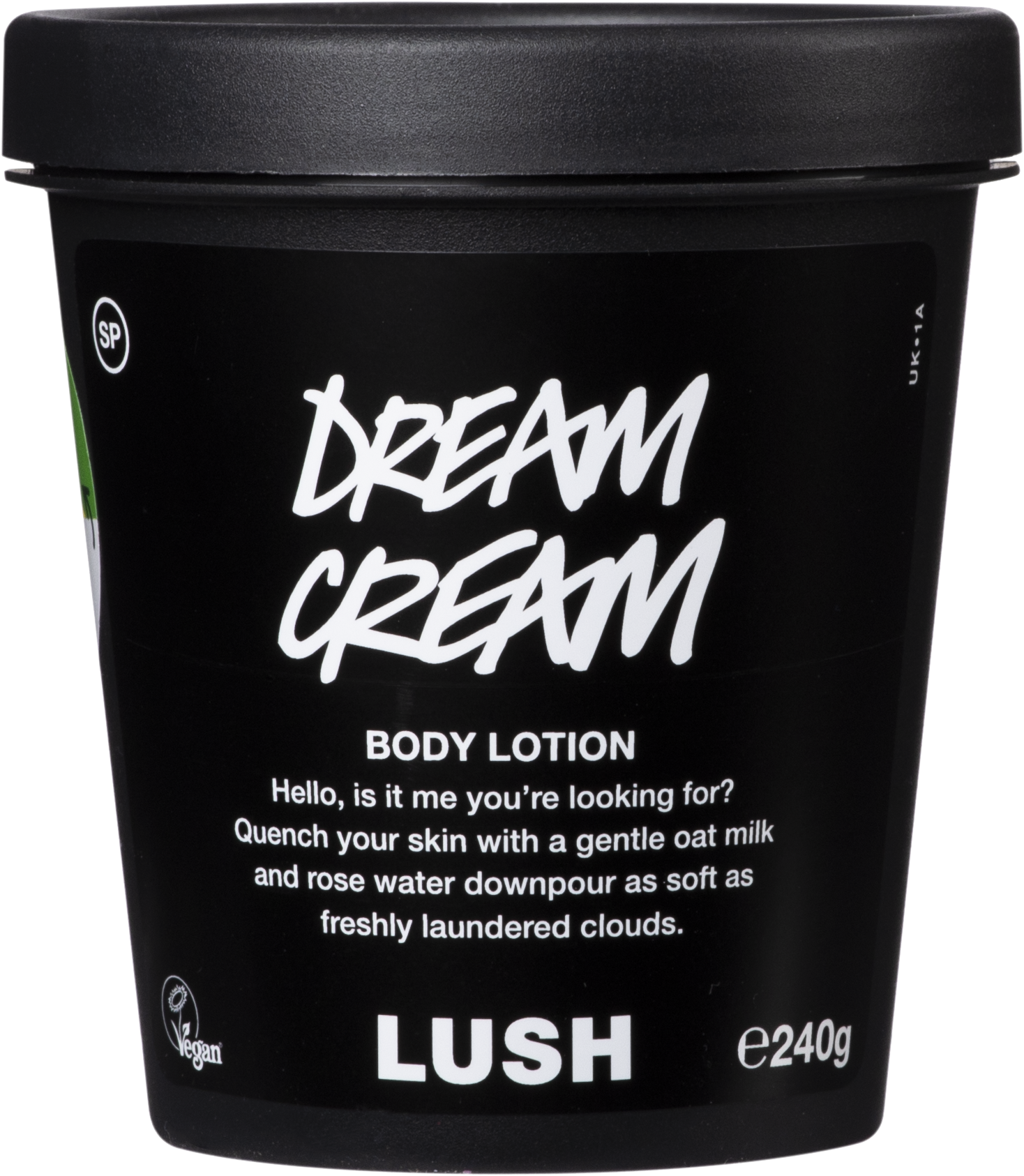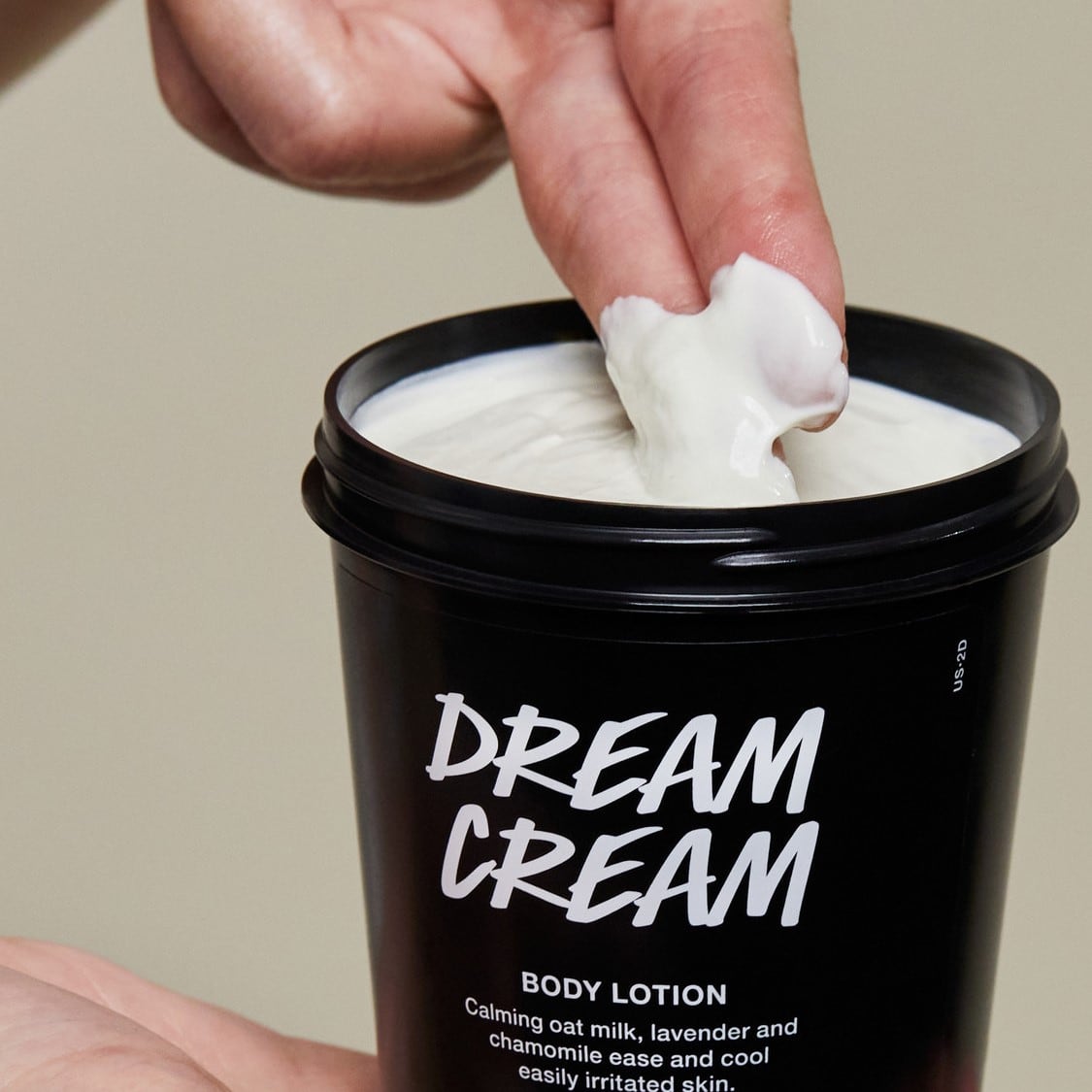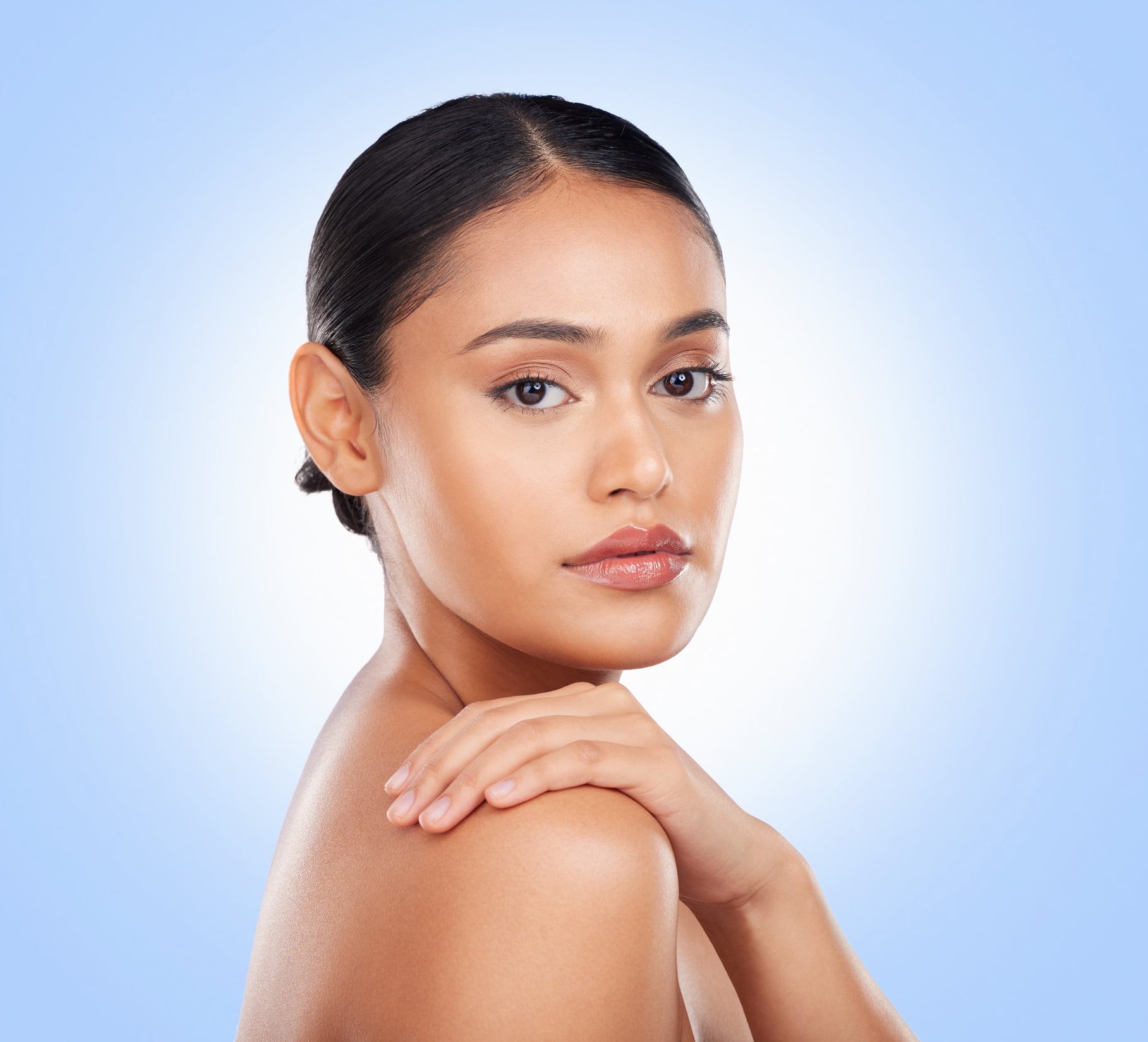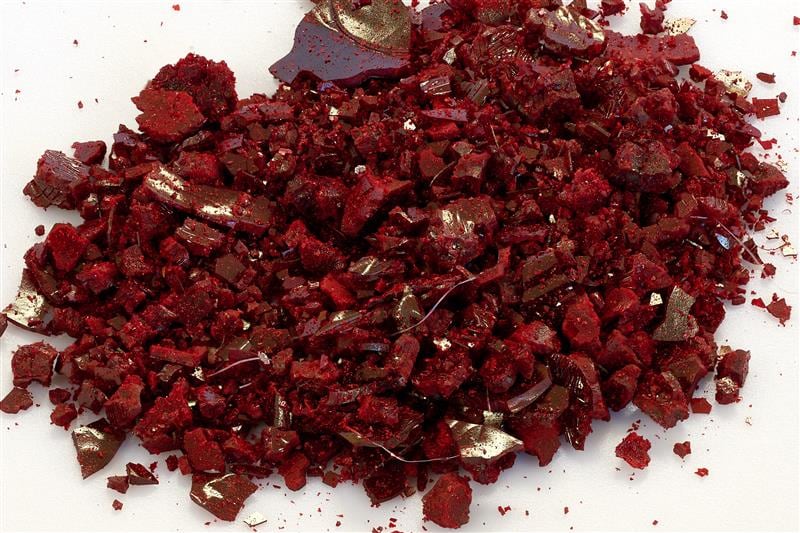Lush’s Dream Cream body lotion is a favourite among parents with children who suffer from eczema and this is what propelled the company to officially prove its efficacy for the skin complaint.
The UK-based natural cosmetics firm undertook two different studies: one using its ‘original’ Dream Cream and one with its new Self-Preserved Dream Cream, which doesn’t contain parabens, so it could compare the effectiveness of both versions.
Lush explained that the original Dream Cream (with the parabens) is slightly lighter in texture, so the company wanted to discover whether this newer version would have the same results as the time-tested original.
“Eczema presents differently on different skin tones”
The clinical studies involved 50 children aged between three and 12 who had been diagnosed with mild to moderate eczema.
The parents applied the lotion to the children over a period of four weeks, focusing on the areas where the eczema was visible.
Lush said that skin colour was an important consideration for this study, as “eczema presents itself differently on different skin tones.”
Therefore the lab used the Fitzpatrick Grade to assess skin tone, to ensure there was representation from Fitzpatrick Grades 1 to 6. Although Lush said that the majority of children in the study had pale skin (Fitzpatrick Grade 2).
The overall evaluation for the product indicated a reduction in eczema-affected areas with regular use of Dream Cream Self-Preserving over four weeks.
Assessment scores for dryness, redness, scratch marks, and skin thickening all demonstrated notable improvements throughout the study.
“Visible reduction in erythema”
The dermatologist involved in the trial observed that erythema was swiftly reduced on thighs; there was a visible reduction in erythema on the elbows; redness improved on both the knees and thighs after two and four weeks of use; there was a notable reduction in scaling and dryness across all body sites; and a significant improvement in scaling and dryness was visible after application on thighs and knees.
Meanwhile, the parents were asked to give an assessment of subjective parameters, such as itching and sleep quality, and this showed significant improvement consistently across all evaluation points.
The majority of parents perceived an immediate improvement in their children’s behaviour after one application and this continued with use of the lotion.
While both products (the original and the paraben-free formula) saw clinical benefits, the new version without parabens slightly outperformed the preserved version.
The results from questionnaires after testing the Self-Preserved (paraben-free) version revealed that 85% of parents believed the product was effective after four weeks of use and 85% of children found the product enjoyable to use.
While for the original product, 78% of parents said it was effective after 4 weeks of use, and 70% of the children enjoyed using it.
However, the study authors said that the time of year could have influenced these findings.

Paraben-free and powered by oat milk
Lush co-founder and product inventor Helen Ambrosen, created the Dream Cream Self-Preserving (paraben-free) formula after 90 different trials.
Ambrosen shared that the hero ingredient in the formula is oat milk, which makes up over 30% of the paraben-free version.
“We make an infusion of oats and water that creates a very thin ‘porridge’,” she explained.
“This enables us to get the best out of the oats and onto the skin. The olive oil in the product is also lovely, but it’s a surface emollient that keeps the skin soft and from losing moisture. Oat milk is the magic,” she said.
Lush revealed that it had decided to create this version as “the effects of preservatives on our microbiome and the environment are not yet fully clear.”
Therefore “because preservatives are biocidal, Lush prefers to use them in minimal amounts below legal maximums, or not at all,” said the company, adding that it is able to achieve this with “clever product formulation, fast despatch from their factories and short shelf lives.”





